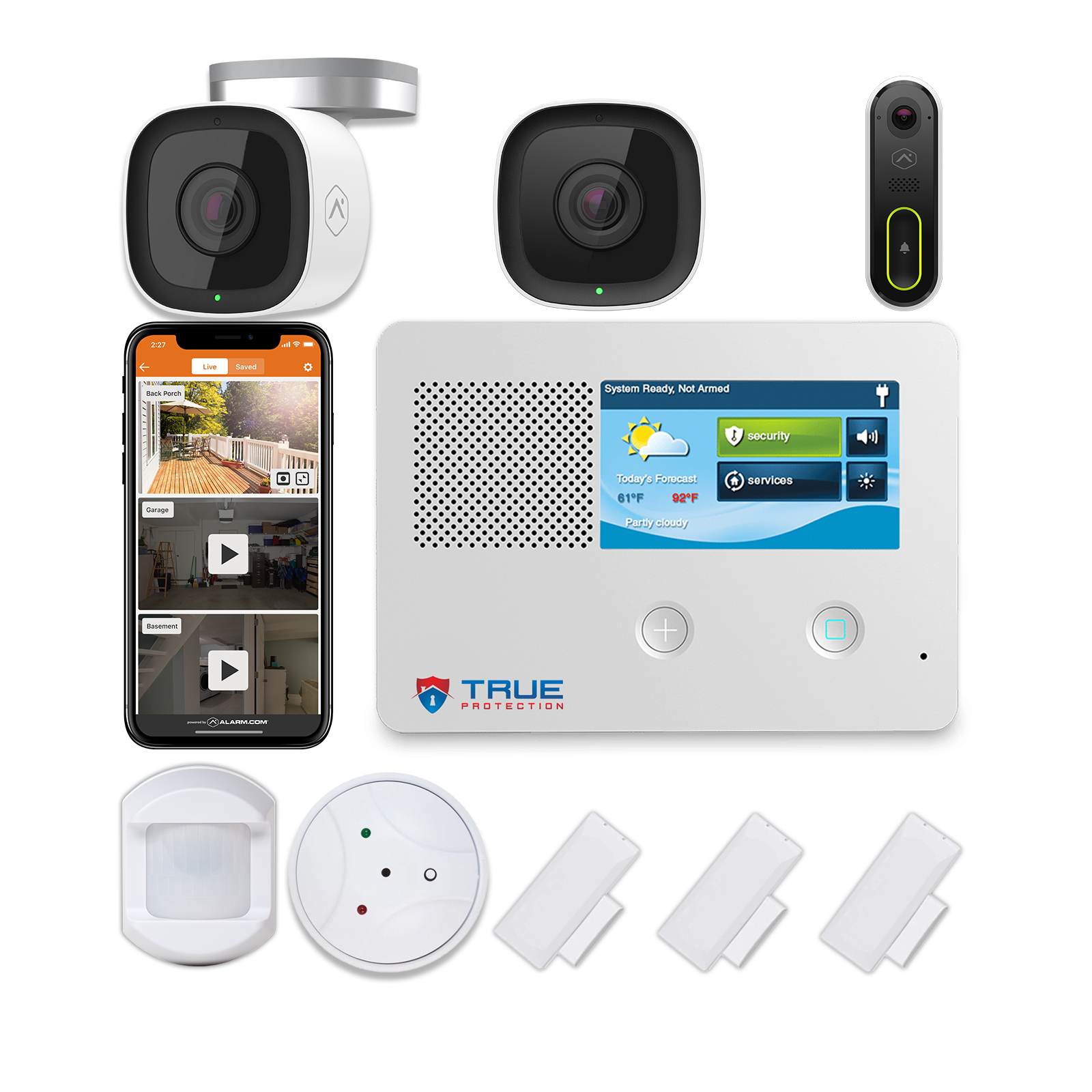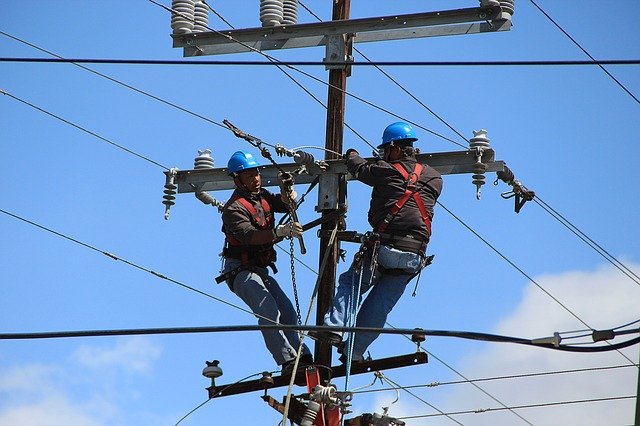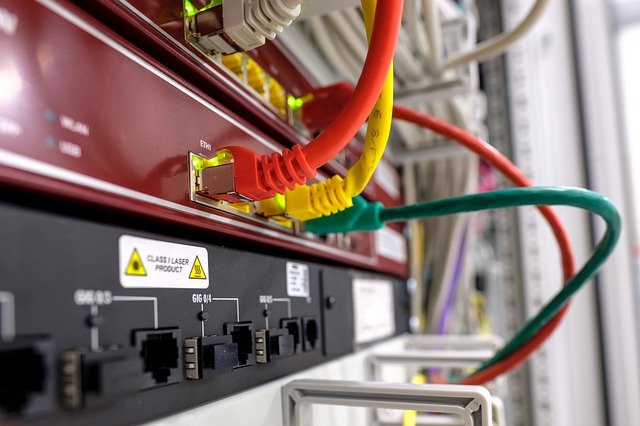Home Security Systems and Landlines
As the era of advanced technology moves forward daily, does this mean our tech from the past gets replaced? Rumors continue to swirl about our 100-year-old landlines leaving us. A survey revealed that in 2017, 52% of adults in the U.S. no longer have landlines in the home. While more users lean toward cellular use, there are still plenty of our devices that connect to landlines. When our home security systems connect with landlines, is there a need to be concerned? What are the options?
Are Landlines Necessary?
As the use of landlines declines, companies that provide home security systems continue to adapt to this trend. What, though, is the reason that some still hang onto those landlines? Some view it as just another bill that does not get used enough to be worthwhile. But on the other hand, landlines are the safe go-to if the cell service decides to be spotty. When there is a crisis, you don’t take chances on if you will be able to reach help or not. If there is a power outage, most phone landlines still work, and in turn, your monitoring company will stay connected.
People turn to cellular for a reason, though. First, it carries your data at a faster speed. Also, it is tamper-proof since there are no wires to cut. Despite all these Pros and Cons, are landlines necessary? They are only if your home security is already relying on landlines. Most of these home security systems are aging out. So, if you are getting ready to upgrade or replace your present system, now is the time to decide on whether to switch to cellular or not.
What Are the Options?
As you shop around and do your research, reflect on the benefits of cellular home security systems. A cellular system uses wireless digital transmission the same way that your cellphone does. It uses this signal to communicate with the monitoring station. Wireless is a big asset when it comes to having access to your home security. It is even more appealing when you easily maintain control over your home automation features and remotely manage them.
There is also the internet option. This option connects your home alarm systems to the monitoring station using your DSL or cable line. Internet connections allow you to view your system from anywhere using a web browser to view your cameras or other devices. An internet connection on your alarm monitoring stays connected to the central station as well. Internet monitoring isn’t always the most reliable option since it requires a constant power source and internet connection.
Consider the Possibilities
Finally, whether you are using a landline, internet connection, or cellular signal, stay safe with your choice of home security systems. To summarize:
Landlines – hardwire, stable, not prone to interference, but affected by power outages, slower speed for data transfers, not work with home automation.
Internet – connects remotely to your home system, faster than landlines, service can be interrupted by power or internet outage.
Cellular – no wires, uses a cellular signal not affected by a power outage, fast data transfer, access home security systems, and smart devices from anywhere.
In making your choice, other than the equipment and service, consider your living status. Whether you are a long-term homeowner or a renter affects your decisions. True Protection Home Security knows how to assist in assessing your present needs. Give us a call, and we will consider your present needs, budget, and goals with you. Home security systems today come with so many options. There is really no reason why your family can’t be protected 24/7. The main goal is to keep you safe at all times, no matter what your situation may be.



